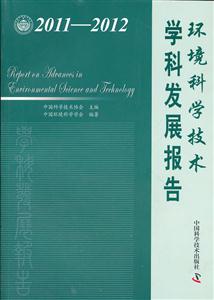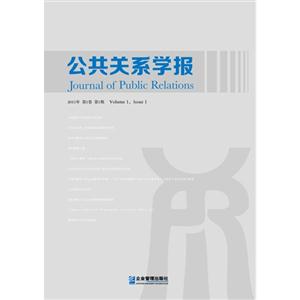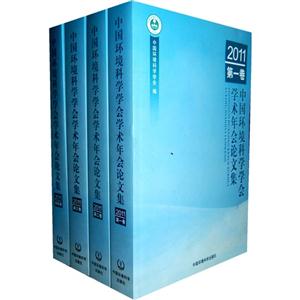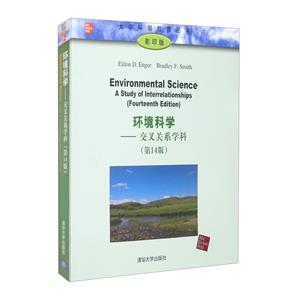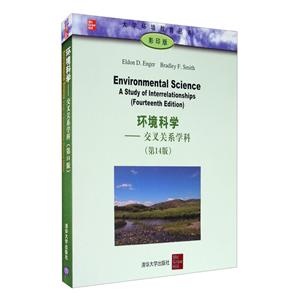
作者:Eldon
页数:492
出版社:清华大学出版社
出版日期:2020
ISBN:9787302459439
电子书格式:pdf/epub/txt
内容简介
《环境科学:交叉关系学科(第14版)》内容丰富生动,数据翔实,配有大量图表和照片,语言简明易懂。在每章开始均列出本章概要和学习目标,使学生对将要学习的内容有全面的了解。每章中安排了“走向绿色”、“科学、政治与政策”、“问题-分析”、“关注”模块,通过具体事例讨论环境问题的解决方法。各章后给出简要总结、复习思考题等,供读者进一步学习利用。
作者简介
Eldon D.Enger is an emeritus professor of biology at Delta College,a community college near Saginaw,Miclugan. He received his B.A. and M.S.degrees from the University of Michigan.Professor Enger has over 30 years of teaclung experience, during which he has taught biology, zoology, environmental science, and several other courses. He has been very active in curriculum and course development. A major curriculum contribution was the development of an environmental technician curriculum and the courses that support it. He was also involved in the development of learning community courses in stream ecology,winter ecology, and plant identification,Each of these courses involved students in weekend-long experiences in the outdoors that paired envi-ronmental education with physical activity-stream ecology and canoeing, winter ecology and cross-country skiing, and plant identification with backpacking. Professor Enger is an advocate for variety in teaching meth-odology. He feels that if students are provided with varied experiences, they are more likely to learn. In addition to the standard textbook assignments, lectures, and laboratory activities,his classes included writing assignments, student presentation of lecture material, debates by students on controversial issues, field experiences, individual student projects, and discussions of local examples and relevant current events. Textbooks are very valu-able for presenting content, especially if they contain accurate,informative drawings and visual examples. Lectures are best used to help students see themes and make connections, and laboratory activities provide important hands-on activities. Professor Enger received the Bergstein Award for Teaching Excellence and the Scholarly Achievement Award from Delta College and was selected as a Fulbright Exchange Teacher twice-to Australia and Scotland. He has participated as a volunteer in several Earthwatch Research Programs. These include: studying the behavior of a bird known as the long-tailed manakin in Costa Rica, participating in a study to assess the possibility of reintroducing endan-gered marsupials from off-shore islands to mainland Australia, and helping with efforts to protect the nesting beaches of the leatherback turtle in Costa Rica, and assisting with on-going research on the sustainable use of fish, wildlife, and forest resources in the Amazon Basin in Peru.He also participated in a People to People program, which involved an exchange of ideas between U.S. and South African environmental professionals. He has traveled extensively, which has allowed him first-hand experience with coral reefs, ocean coasts, savannas, mangroveswamps, tundra, prairies, tropical rainforests, cloud forests, des-erts, temperate rainforests, coniferous forests, deciduous forests,and many other special ecosystems. These experiences have provided opportunities to observe the causes and consequences ofmany environmental problems from a broad social and scientific perspective.He volunteers at a local nature center, land conservancy, and Habitat for Humanity affiliate. Since 2005, he and his wife have spent a month each year with other volunteers from their church repairing houses damaged by tornados, floods, and hurricanes throughout the United States.Professor Enger and his wife Judy have two married sons and three grandchildren. He enjoys a variety of outdoor pursuits such as cross-country skiing, snowshoeing, hiking, kayaking, hunting,fishing, camping, and gardening. Other interests include reading a wide variety of periodicals, beekeeping, singing in a church choir,picking wild berries, and preserving garden produce. Bradley F.Smith is the Dean Emer-itus of Western Washington University in Bellingham, Washington, having served asDean from 1994 to 2012. Ptior to assuming the position as Deanin 1994, he served as the first Director of the Office of Environmental Education for the U.S. Environmental Protection Agency in Washington, D.C.,from 1991 to 1994. Dean Smith also served as the Acting President of the National Environmental Education and Training Foundation in Washington, D.C., and as a Special Assistant to the EPA Administrator. Before moving to Washington, D.C.,Dean Smith was a professor of politi-cal science and environmental studies for 15 years, and the executive director of an environmental education center and nature refuge for five years. Dean Smith has considerable international experience. He was a Fulbright Exchange Teacher to England and worked as a research associate for Environment Canada in New Brunswick.He is a frequent speaker on environmental issues worldwide and serves on the Intemational Scholars Program for the U.S.Information Agency. He also served as a U.S. representative on the Tri-Lateral Commission on environmental education with Canada and Mexico. He was awarded a NATO Fellowship to study the environmental problems associated with the closure of former Soviet nulitary bases in Eastern Europe. He is a Fellow of the Royal Institute of Environmental Science in the U.K. He also served on the Steering Committee of the Commission for Edu-cation and Communication for the Inter-national Union for the Conservation of Nature (IUCN) from 2004 to 2013. Dean Smith is a trustee of the National Environmental Education Foundation, a member of the North Pacific Research B oard, and is Vice-Chair ofthe Washington State Fish and Wildlife Commission. He also serves on the board of Washington Sea Grant. Previously, he served as the chair of the Washington Sustainability Council, as President of the Council of Environmental Deans and Directors, and as a member of the National Advisory Council for Environmental Policy and Technology for the EPA. He also served on President Clinton’s Council for Sustainable Development (Education Task Force). Dean Smith holds B.A. and M.A. degrees in Political Science/International Relations and Public Administration and a Ph.D.from the School of Natural Resources and the Environment at the University of Michigan. Dean Smith and his wife, Daria, live along the shores of Puget Sound in Bellingham, Washington, and spend part of the summer at their summer home on the shores of Lake Huron in the Upper Peninsula of Michigan. He has two grown children and is an avid outdoor enthusiast.
目录
CHAPTER 2 Environmental Ethics
CHAPTER 3 Risk, Economics, and Environmental Concerns
CHAPTER 4 Interrelated Scientific Principles: Matter: Energy, and Environment
CHAPTER 5 Interactions: Environments and Organisms
CHAPTER 6 Kinds of Ecosystems and Communities
CHAPTER 7 Populations: Characteristics and Issues
CHAPTER 8 Energy and Civilization: Patterns of Consumption
CHAPTER 9 Nonrenewable Energy Sources
CHAPTER 10 Renewable Energy Sources
CHAPTER 11 Biodiversity Issues
CHAPTER 12 Land-Use Planning
CHAPTER 13 Soil and Its Uses
CHAPTER 14 Agricultural Methods and Pest Management
CHAPTER 15 Water Management
CHAPTER 16 Air Quality Issues
CHAPTER 17 Climate Change: A Twenty-first Century Issue
CHAPTER 18 Solid Waste Management and Disposal
CHAPTER 19 Environmental Regulations: Hazardous Substances and Wastes
CHAPTER 20 Environmental Policy and Decision Making
Appendix 1
Appendix 2
Glossary
Credits
Index

